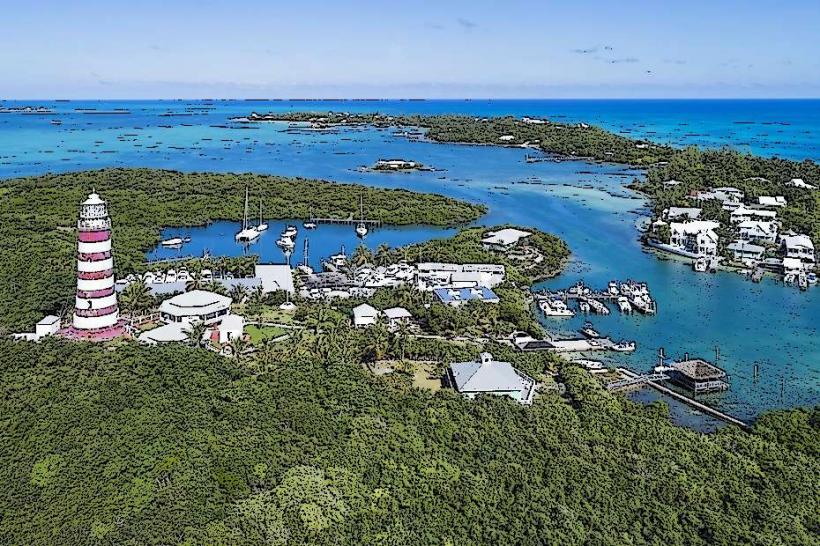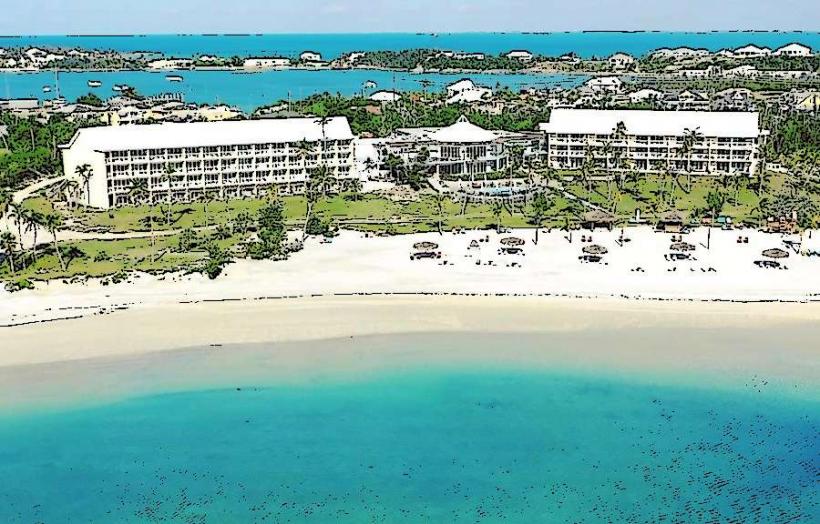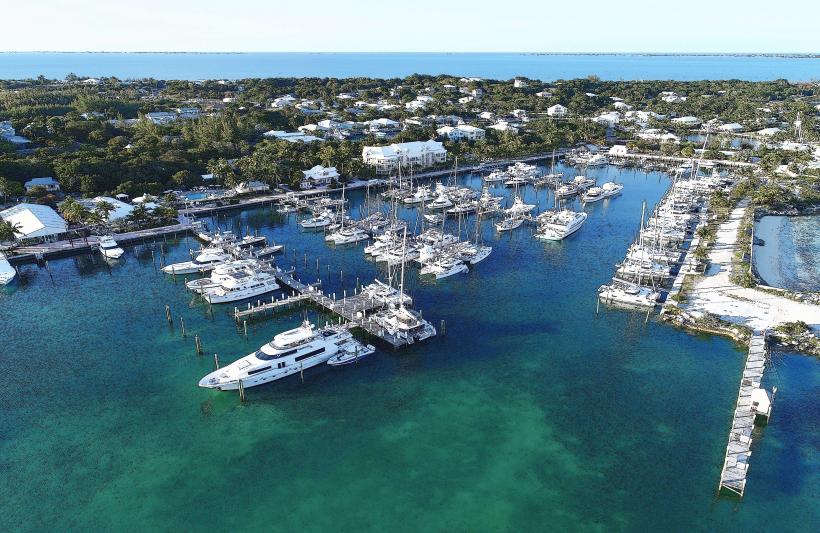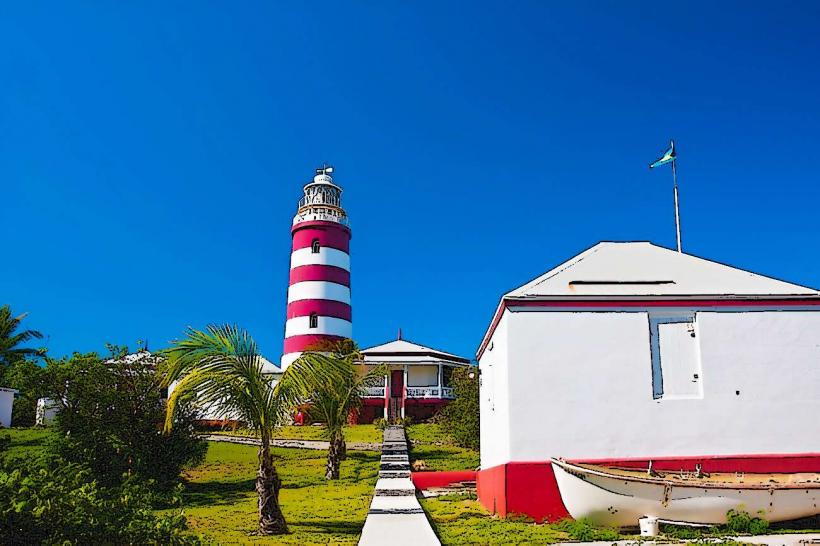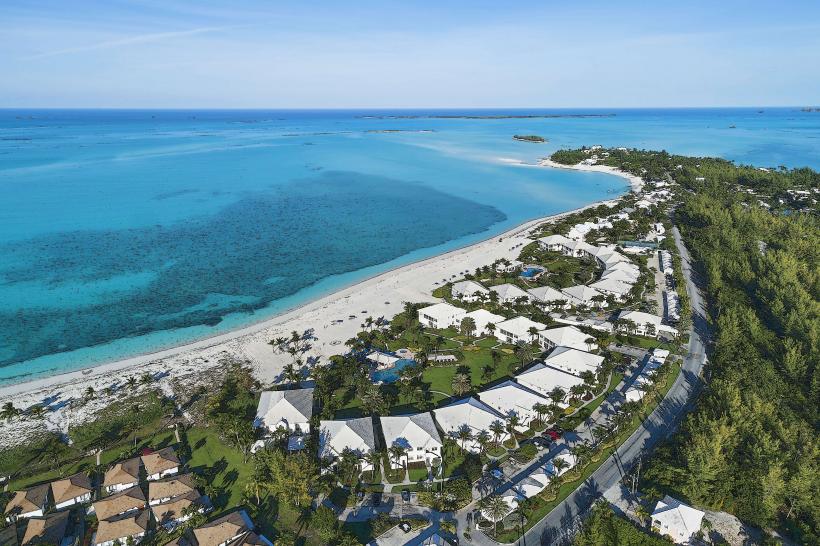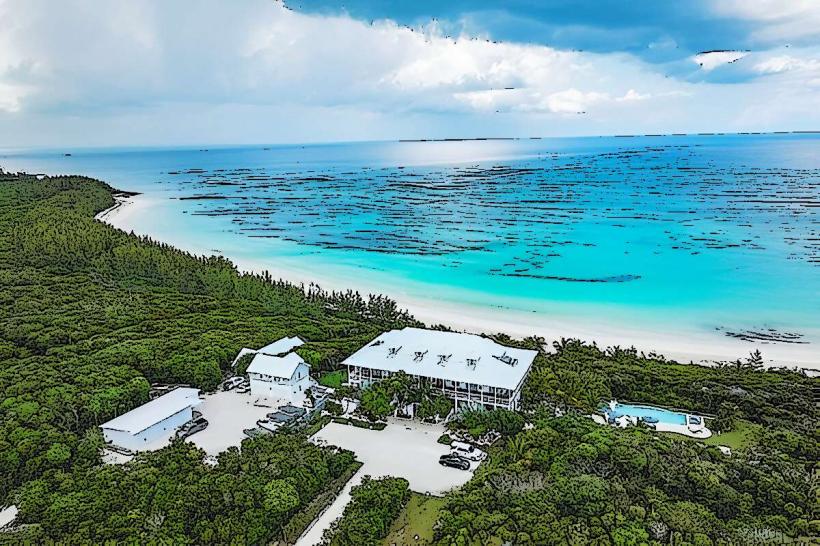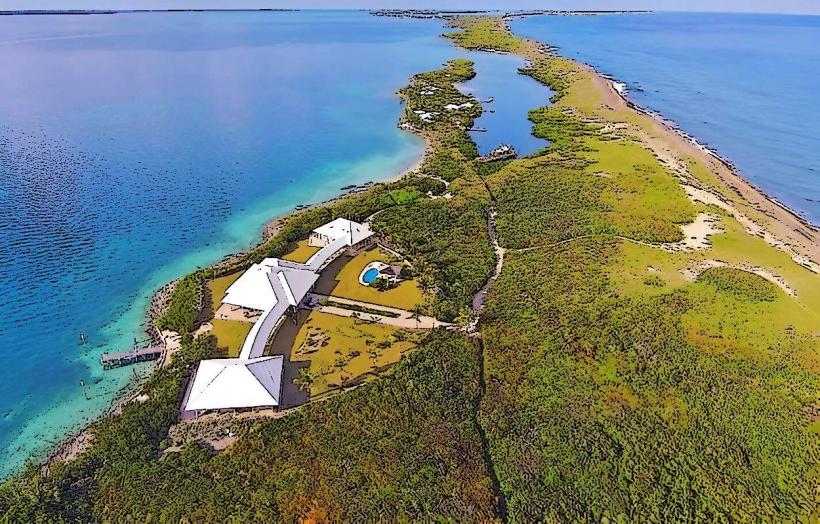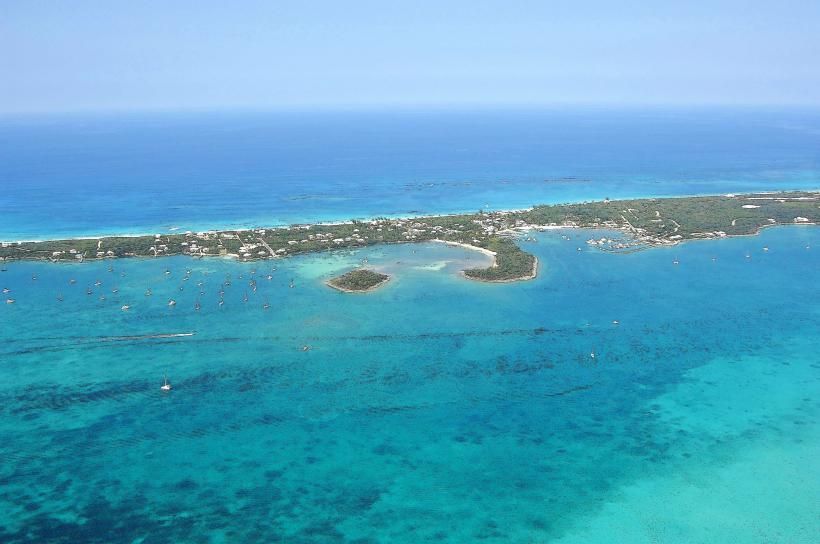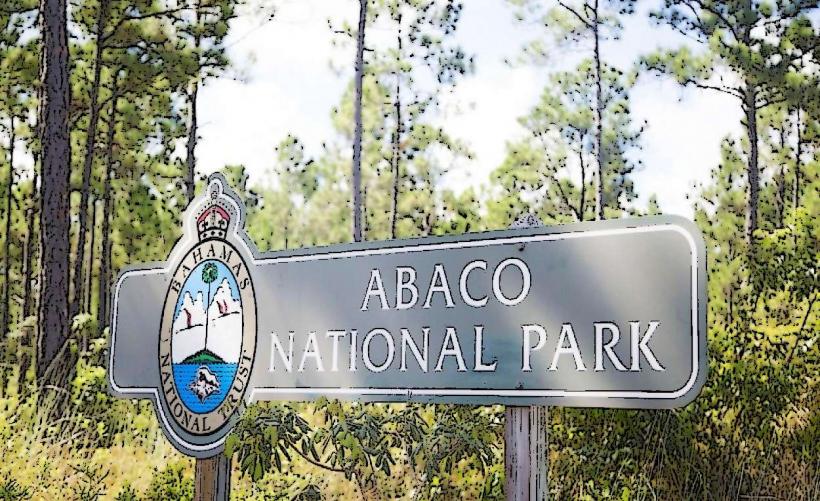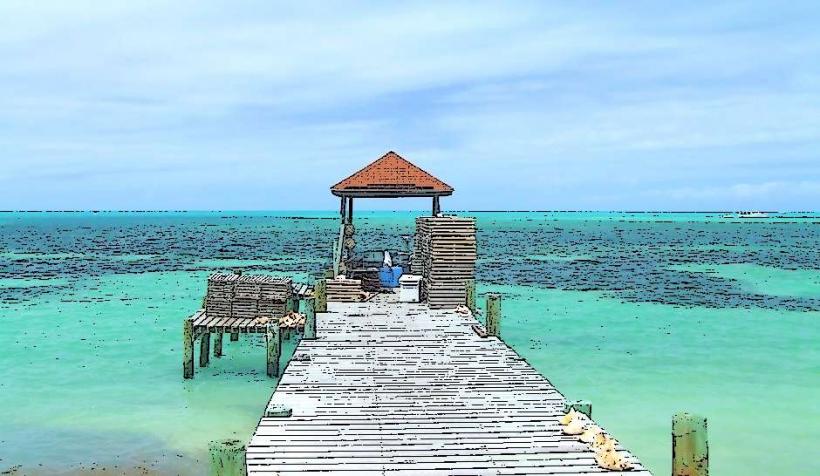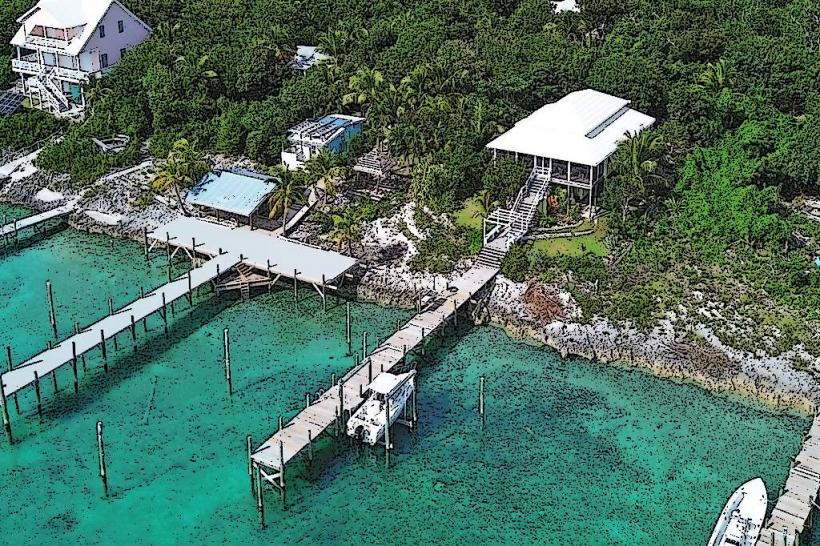Information
Landmark: Abaco MuseumCity: Abaco Islands
Country: Bahamas
Continent: North America
The Abaco Museum is a significant cultural institution located in Marsh Harbour, the capital of the Abaco Islands in the Bahamas. The museum serves as a repository for the rich history, culture, and heritage of the Abaco Islands and provides visitors with an in-depth understanding of the region's past. It highlights various aspects of Abaco’s history, from its indigenous peoples and early settlement, to its role in shipwrecks, piracy, shipbuilding, and modern-day life.
Key Features of the Abaco Museum:
Historical Exhibits:
- The Abaco Museum offers a comprehensive look at the history of the Abaco Islands, featuring displays that cover important aspects such as the arrival of Loyalists (early European settlers), Bahamanian colonial history, and the development of local industries such as shipbuilding and fishing.
- The museum also explores the lives of early settlers, including the Loyalists who fled the United States during the American Revolution and settled in the Abaco Islands, bringing with them skills such as agriculture and shipbuilding that played a crucial role in the island’s development.
- Other exhibits trace the maritime history of the Abaco Islands, including the role the islands played as a key shipping route and their involvement in trade and piracy during the 17th and 18th centuries.
Shipbuilding and Maritime History:
- Abaco has long been known for its shipbuilding heritage, and the museum’s exhibits highlight this important aspect of the islands' history. The museum features displays related to the wooden shipbuilding tradition, which was a cornerstone of Abaco’s economy and culture for centuries.
- The museum also includes information about the local shipyards that built some of the most famous vessels in Bahamian maritime history.
The Loyalist Connection:
- One of the most important chapters in Abaco’s history is the arrival of the Loyalists in the late 18th century, after the American Revolutionary War. The museum has displays dedicated to the Loyalist settlers, who brought their customs, architecture, and skills to the islands. Their influence is still evident in the local culture, architecture, and traditions today.
- The museum shares the stories of these settlers, their way of life, and their contributions to the development of Abaco, providing a detailed perspective on the Loyalist legacy in the Bahamas.
Cultural Exhibits:
- In addition to its historical exhibits, the Abaco Museum also features displays that celebrate the Bahamian culture, including aspects of local arts, crafts, and traditions. These exhibits highlight the island’s unique folk art and craftsmanship, including Bahamian quilts, paintings, and sculptures, as well as traditional cooking methods and festivals.
- Music and dance play a central role in Bahamian culture, and the museum showcases the traditional sounds of the islands, such as goombay and junkanoo music, which are an important part of the region’s identity.
Abaco’s Natural History:
- The museum also covers natural history, with exhibits focused on the unique flora and fauna of the Abaco Islands. This includes the island’s marine life, particularly its coral reefs, marine mammals, and endangered species such as the Abaco parrot and Bahamian rock iguana.
- Visitors can learn about the diverse ecosystems found in the islands, including mangrove forests, coral reefs, and marine protected areas, and the important role these ecosystems play in maintaining the region’s environmental health.
Exhibit on the Great Abaco Hurricane:
- The museum also provides historical context on the impact of Hurricane Dorian, which struck the Abaco Islands in 2019 and caused widespread devastation. Exhibits showcase the damage to both the natural landscape and the island's infrastructure, while also highlighting the resilience of the local population and the ongoing rebuilding efforts.
- The museum provides an opportunity to reflect on how the people of Abaco have faced natural disasters in the past and how they continue to rebuild their homes and lives in the aftermath of such storms.
Local Art and Artifacts:
- The museum houses a collection of artifacts and local artwork that provide insight into the Bahamian way of life. Visitors can view historical objects, including tools used by early settlers, shipbuilding models, and Loyalist artifacts.
- It also features traditional Bahamian crafts, such as woven baskets, wooden carvings, and handmade jewelry, all reflecting the island's cultural heritage.
Educational Programs:
- The Abaco Museum offers various educational programs and workshops designed to engage both locals and visitors. These programs often focus on the island's history, natural environment, and conservation efforts.
- The museum also works closely with local schools and educational institutions to offer learning opportunities for students to explore their local heritage and culture.
Museum Location:
- The museum is located in Marsh Harbour, the main town on Abaco Island. This makes it easily accessible for both residents and tourists, and it provides a valuable stop for those looking to understand more about the history and culture of the Abaco Islands.
Architectural Features:
- The museum is housed in a historic building that itself reflects traditional Bahamian architecture. The structure is well-suited to the warm, tropical climate, with open spaces and airy rooms that allow visitors to explore exhibits in a comfortable, relaxed atmosphere.
- The museum’s design is a blend of modern and traditional elements, which complements its diverse collection of historical and cultural artifacts.
Summary:
The Abaco Museum is a vital cultural institution in the Bahamas, offering a deep dive into the rich history and heritage of the Abaco Islands. It provides visitors with a better understanding of the region’s Loyalist heritage, shipbuilding tradition, maritime history, and cultural practices. Through its diverse exhibits, the museum serves as both a preserver of history and a celebration of Bahamian culture, making it an essential stop for anyone looking to explore the heritage of the Abaco Islands.

